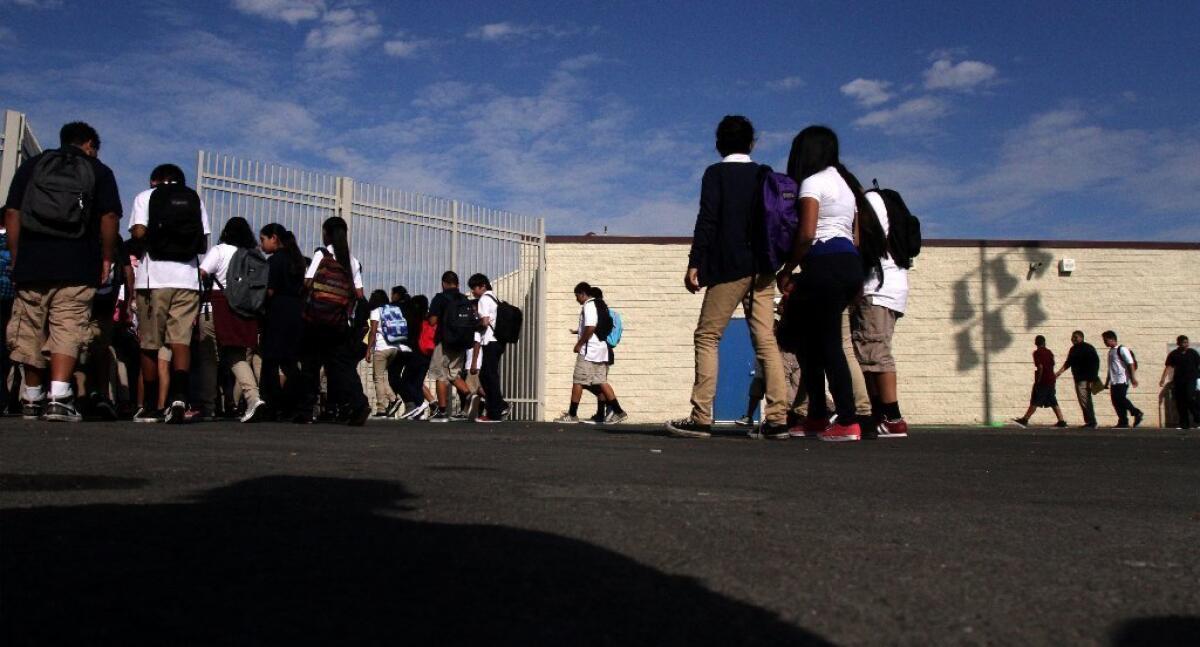Shouting at your teens can make behaviors worse, scientists say

Screaming at your teenagers to discipline them can make their behavior worse – even if you otherwise have a warm family relationship, researchers say.
The effects were comparable to those in studies that focused on physical punishments, the researchers said. “From that we can infer that these results will last the same way that the effects of physical discipline do,” the lead researcher, Ming-Te Wang, an assistant professor of psychology in education at the University of Pittsburgh, said in a statement.
The researchers wrote that harsh verbal discipline has a “dramatic impact” on teens’ behavior and emotional development. Still, they cited earlier researcher showing that about 90% of U.S. parents have used harsh verbal discipline – which they defined as shouting or other verbal intimidation, vulgarity, and humiliation such as calling the child lazy or dumb.
The scientists looked both at the effect of parents’ actions on children and the effect of children’s actions on parents. It created a “vicious circle,” Wang said. Adolescents’ misconduct at age 13 also predicted increases in the parents’ use of harsh verbal discipline. That, they researchers wrote, has been the subject of few studies.
They studied nearly 1,000 13- and 14-year-olds and their parents in diverse but mostly middle-class families from Pennsylvania. They looked at depression symptoms, conduct problems, parental warmth and other factors. Their work was published online Wednesday and is to be published next spring in the journal Child Development.
More harsh verbal discipline of 13-year-olds predicted increases in behavioral problems and depression symptoms at age 14, the researchers wrote.
“Maternal and paternal warmth did not moderate the reciprocal associations between mothers’ and fathers’ use of harsh verbal discipline and adolescent conduct problems and depressive symptoms over time,” they wrote.
The sense that parents are using the yelling “out of love” does not mitigate the damage, Wang said in a statement. “Even if you are supportive of your child, if you fly off the handle, it’s still bad,” he said. To improve the relationship, he advised communicating on an equal level and explaining fears and concerns.
Researchers noted that one limitation of the study is that it involved parents reporting their own behaviors and therefore might be underreported.
@mmacvean on Twitter







